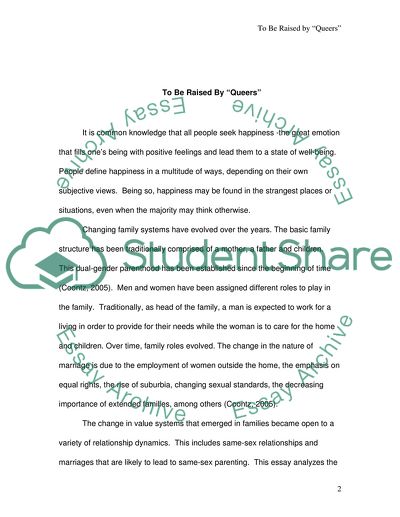Cite this document
(The Conflicting Views on Same-Sex Parenting Research Paper, n.d.)
The Conflicting Views on Same-Sex Parenting Research Paper. Retrieved from https://studentshare.org/social-science/1736693-adoption-for-same-sex-couples-in-ma-and-bordering-states
The Conflicting Views on Same-Sex Parenting Research Paper. Retrieved from https://studentshare.org/social-science/1736693-adoption-for-same-sex-couples-in-ma-and-bordering-states
(The Conflicting Views on Same-Sex Parenting Research Paper)
The Conflicting Views on Same-Sex Parenting Research Paper. https://studentshare.org/social-science/1736693-adoption-for-same-sex-couples-in-ma-and-bordering-states.
The Conflicting Views on Same-Sex Parenting Research Paper. https://studentshare.org/social-science/1736693-adoption-for-same-sex-couples-in-ma-and-bordering-states.
“The Conflicting Views on Same-Sex Parenting Research Paper”, n.d. https://studentshare.org/social-science/1736693-adoption-for-same-sex-couples-in-ma-and-bordering-states.


